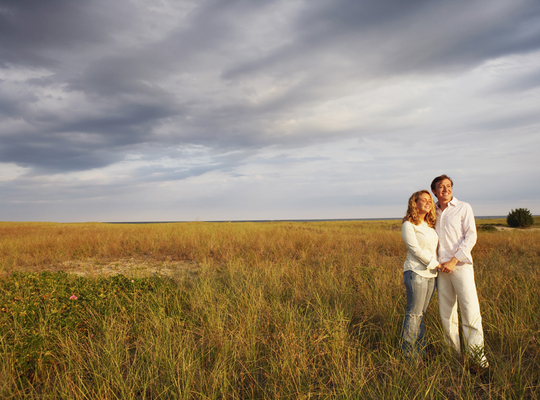You are here
N-VA commits to a strong Flemish climate policy

The N-VA group in the Flemish Parliament has reached an agreement spanning majority and opposition in the Flemish Parliament on a Flemish climate resolution. All parties involved - N-VA, CD&V, Open Vld, Groen and sp.a - are giving the Flemish Government a large number of ambitious, specific measures to strengthen Flemish climate policy. “Global warming is causing sea levels to rise and endangering our health. If we want to offer our children a future, we have to work on a low-carbon society,” says Flemish MP and climate specialist Wilfried Vandaele. “Citizens, companies, authorities: climate is a subject by and for everyone,” adds his colleague, energy specialist Andrys Gryffroy. “You don’t develop a climate policy without broad support.”
For the N-VA, spatial planning, environment and nature are a crucial link in an efficient climate policy. Today, 33% of our territory is already being divvied up for buildings, roads and so on. And this increases by an additional six hectares every day. That number must be brought down as soon as possible, finally coming all the way down to zero. “First and foremost, we have to turn our attention to ‘inspansion’,” Wilfried Vandaele explains. “That means allowing extra dwellings in existing developments and repurposing empty buildings. We don’t use plots that are badly located, because they can flood or are poorly accessible for example. It goes without saying that we do, however, remunerate or compensate the owners.” Wilfried Vandaele also looks at the horticultural and agricultural sector: “Pasture land locks in CO2, and for that reason alone farmers can help to reduce the climate footprint. However, they can also generate renewable electricity or concentrate on alternative sources of protein.”
In addition to measures in those policy domains, there are also a great many other proposals, such as the goal of generating more renewable energy in Flanders and to end the use of petrol or diesel powered cars and oil-fired central heating boilers. The bicycle will also increasingly take centre stage. And as from 2019 De Lijn will only be able to purchase electric, hybrid or hydrogen-powered buses.
In search of European solutions
The price that companies have to pay to Europe in order to be able to emit CO2 is also too low. “A more robust price will stimulate investments for the benefit of the climate. Of course, we must safeguard our competitive position in our open economy,” Andries Gryffroy says. “For this reason, we must search for European solutions above all, while at the same time respecting the agreements already in place.”

